The Impact of Hormones on Muscle Growth and Development
Are you looking to build muscle and get stronger, but can’t seem to make the gains you want? It turns out that hormones play a crucial role in muscle growth and development. From testosterone to insulin-like growth factor (IGF-1), understanding how these hormones work can be the key to unlocking your full potential in the gym.
In this blog post, we’ll dive deep into the impact of hormones on muscle growth and development, providing insights that will help you optimize your workouts and achieve your fitness goals. So, let’s buckle up and explore what science has revealed about these powerful biological molecules!
What are Hormones?
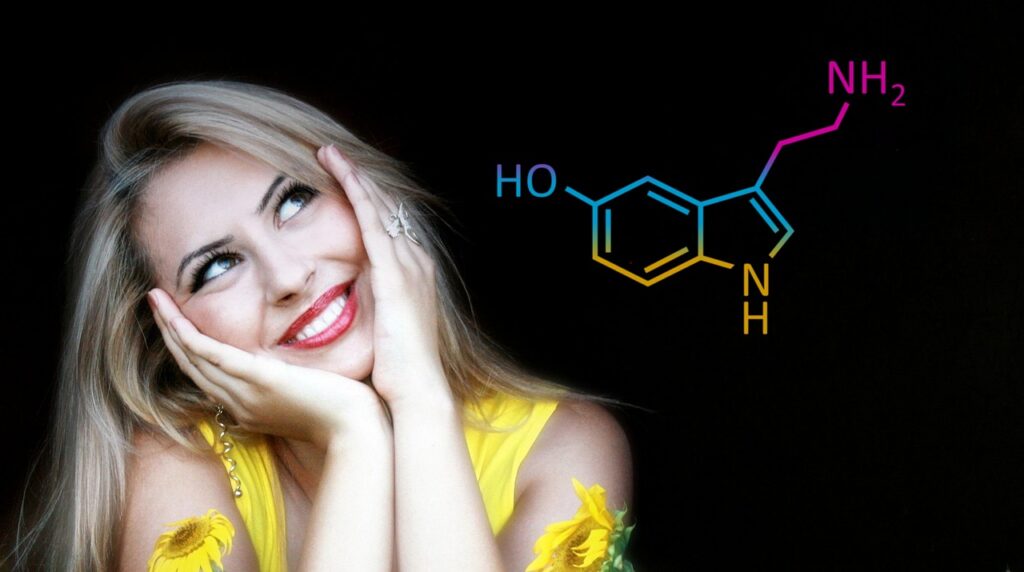
Hormones are chemical messengers that are released by the endocrine glands in the body, such as the pituitary gland, to control or influence various aspects of bodily function. The term “hormone” is also used more broadly to refer to any type of hormonal messenger, regardless of its source.
Some hormones control growth and development in infants and children while others maintain health throughout our lives. Hormones play an integral role in regulating metabolism, sexual function, moods and insulin sensitivity.
Some hormones are produced in response to physical and emotional stress and can have beneficial or detrimental effects on our health.
The hormones that are most relevant to the health and well-being of women include estrogen, progesterone and testosterone.
Hormones are vital to our health, but they can also have a powerful impact on our mood and energy levels. If your hormones are balanced, you may experience increased physical resilience, better mental alertness and stamina and enhanced fertility. However, if there is an imbalance in your hormonal level, illness can develop. It is therefore important to maintain good hormone health by eating a balanced diet and getting regular exercise.
If you are having problems with your hormones, please consult a healthcare professional.
Types of Hormones
There are three primary types of hormones: anabolic, androgenic, and progestational. Anabolic hormones are responsible for the growth of many tissues in the body, while androgenic hormones promote masculine characteristics. Progestational hormones, such as estrogen, are responsible for reproductive function in females.
Anabolic hormones include testosterone and cortisol. Testosterone is primarily responsible for male muscle growth and development, but it can also stimulate the production of other proteins in the body. Cortisol helps to regulate blood sugar levels and helps to protect cells from damage.
Androgenic hormones include testosterone and estrogen. Both testosterone and estrogen can increase the protein content of muscle tissue, but they also have side effects that can be troublesome for athletes or those who want to maintain a lean physique. These side effects can include acne, heightened aggression, feminization (the development of male-like characteristics), and gynecomastia (breast enlargement).
Progestational hormones include estradiol and progesterone. Estradiol is primarily responsible for female reproductive function, while progesterone helps to maintain the menstrual cycle and support the development of mammary tissue in females.
It’s important to note that not all hormones are created equal. Some hormones, such as estradiol and progesterone, are synthetic and can have harmful side effects when taken in large doses. Other hormones, such as testosterone and cortisol, are naturally occurring and typically have less problematic side effects.
Hormones and Athletic Performance
A combination of exercise and proper diet is the best way to optimize athletic performance. However, hormones can play an important role in overall health and athletic performance.
Estrogen is responsible for the development of female reproductive tissue, including breasts and prostate. When estrogen levels are high, this can increase the amount of fat storage in the body, which can impair physical performance.
Testosterone plays an important role in male muscle growth and development. When testosterone levels are too low, this can lead to decreased muscle mass, poor strength and athleticism, and reduced sexual function. In some cases, low testosterone levels may also lead to impaired mental function.
Cortisol helps to regulate blood sugar levels and supports the immune system. When cortisol levels are high, this can lead to fatigue and a decreased ability to perform strenuous exercise. However, when cortisol levels are low, this can lead to increased aggression and irritability.
Therefore, it’s important to keep hormone levels in balance in order to optimize athletic performance.
How do Hormones Affect Muscle Growth and Development?
There are several hormones that affect muscle growth and development. These hormones can help promote muscle growth in the desired direction or neutralize unwanted muscle growth. There is some debate over how much importance specific hormones should be given when it comes to muscle growth, but they all seem to play a role in some way.
Glucocorticoids (such as cortisol) are responsible for stimulating protein synthesis and decreasing the synthesis of satellite cells. This helps to promote more muscle hypertrophy. Testosterone also appears to stimulate protein synthesis, although at a lower level than cortisol does. Nitric oxide is another important hormone when it comes to muscle growth. It stimulates the production of enzymes that break down proteins, which in turn leads to an increase in nitrogen retention and deposition within muscles.
It’s still not completely clear how these factors work together to promote increased muscle size and strength, but it’s clear that hormones do play an important role!
What are the most important Hormones for Muscle Growth and Development?
There are several hormones that play a role in muscle growth and development. These hormones can interact with each other to create a complex web of activity that influences the size and shape of muscles. Some of the most important hormones for muscle growth and development are testosterone, human growth hormone (HGH), insulin-like Growth Factor 1 (IGF-1), and insulin.
Testosterone is anabolic, meaning that it helps build muscle mass. It also helps promote fat loss. However, too much testosterone can promote unwanted muscle gain and hair growth in men. HGH is an anti-aging hormone that stimulates muscle cell growth. IGF-1 is another anabolic hormone that helps promote fat loss while helping to increase the amount of protein synthesis in the muscles. Insulin is crucial for energy production, which promotes muscle tissue growth.
There are many other hormones that play a role in muscle growth and development, but these are some of the most important.
How does testosterone play a role in muscle growth and development?
Testosterone is an androgen, meaning that it belongs to a group of hormones that helps control the distribution of body fat and the development of masculine characteristics. Testosterone is responsible for the growth and development of muscles, as well as for the maintenance of muscle mass. In men, testosterone is responsible for the production of muscle cells and the storage of glycogen in the muscles. Too little testosterone can cause low energy levels and weight gain. On the other hand, too much testosterone can lead to excess hair growth on the face, body and arms in men, as well as increased amounts of bodyfat.
How do I increase my testosterone levels?
There are many ways to increase your testosterone levels. Some include eating healthy foods that are high in protein, fats and minerals; taking supplements that contain testosterone; participating in regular exercise; and avoiding drugs and alcohol. Always talk to your doctor before changing any behaviors or making any changes to your diet or lifestyle.
Conclusion
If you’re serious about muscle growth and development, then you need to be taking note of the impact hormones have on your body. Without hormones like testosterone and estrogen, muscle growth would theoretically stall at your natural genetic limits. But because we’ve evolved with a hypothalamus that responds to levels of these hormones, our muscles are capable of growing bigger and stronger even as we approach our natural limits. Understanding how these hormones work relationship-wise can help you optimize their effects for maximal muscular gains.
Essentially, hormones play a big role in muscle growth and development. By understanding their relationship to each other and optimizing their levels, you can achieve the bodybuilding results you’ve always wanted. Keep this information in mind when deciding what hormones to supplement, as the right combination will result in the biggest muscle gains possible.
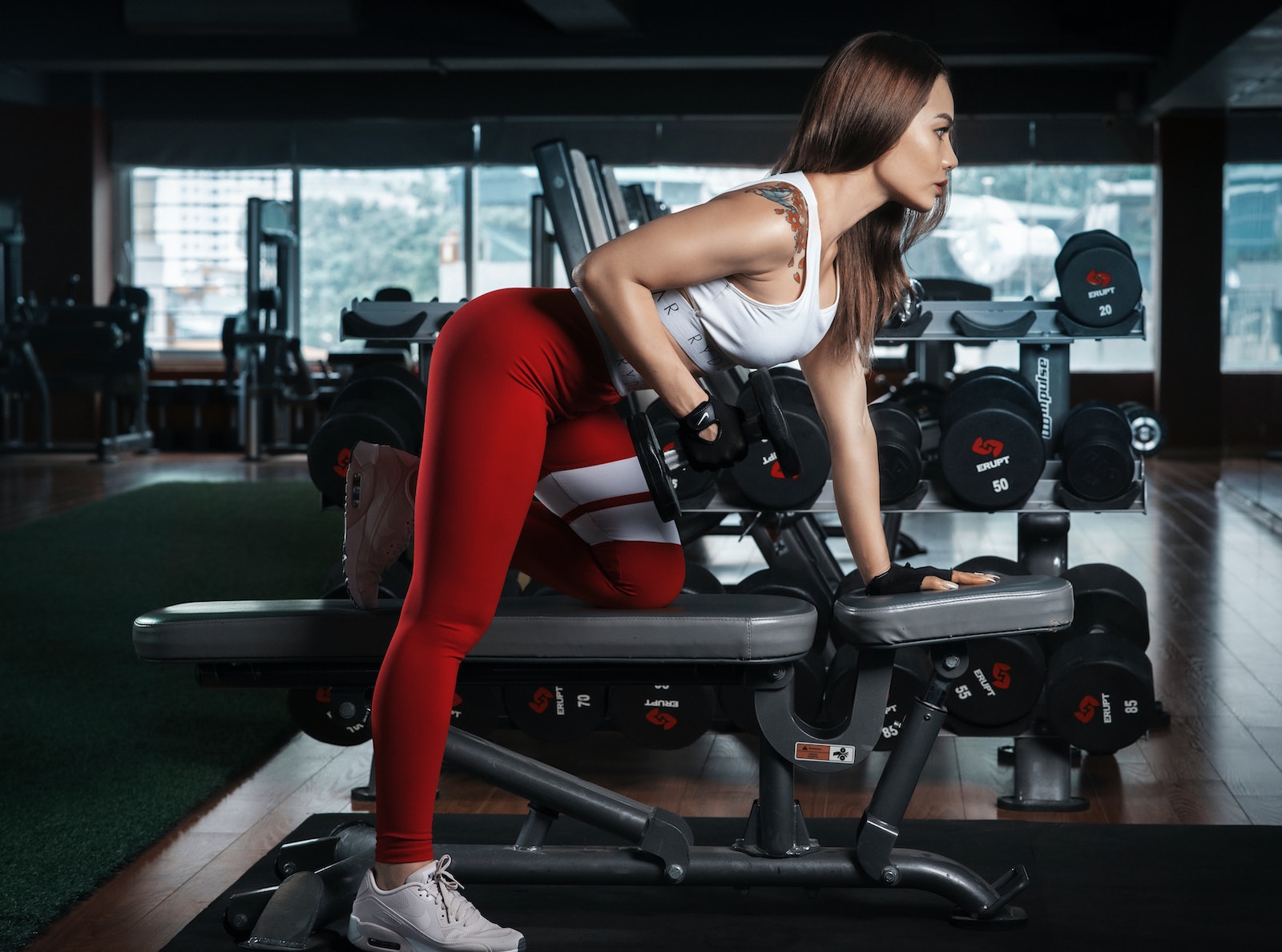
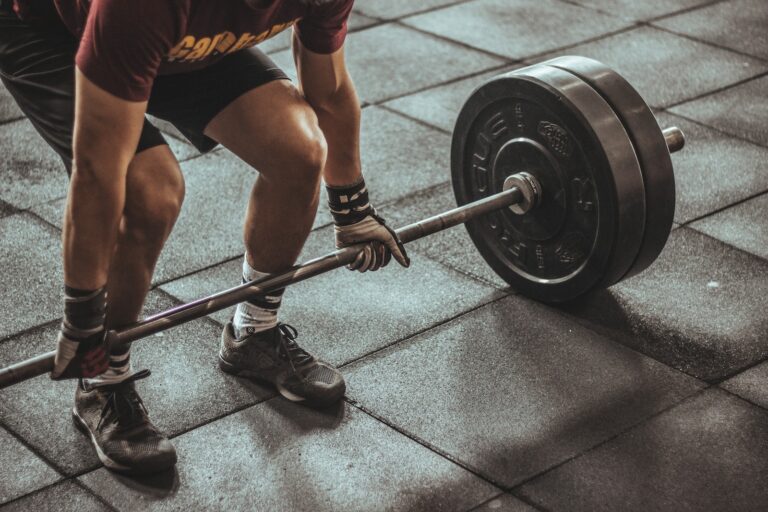


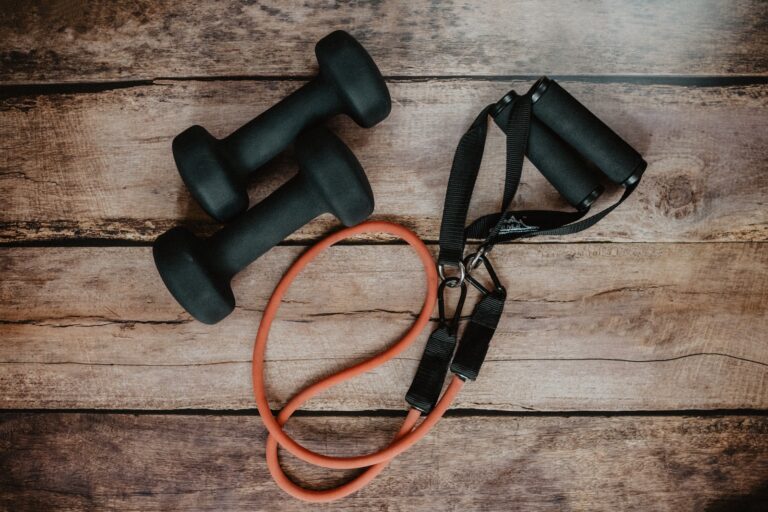
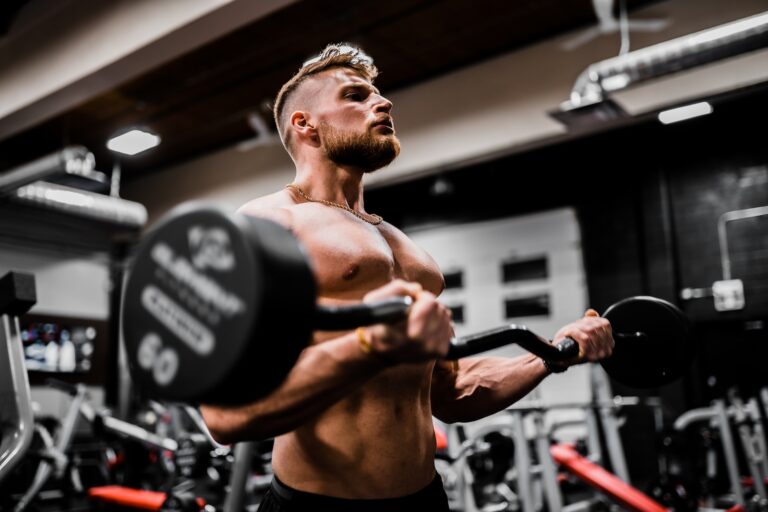
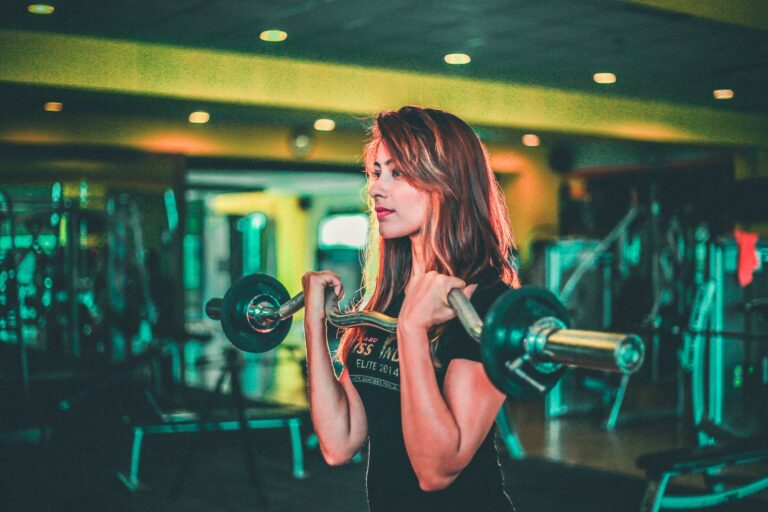
5 Comments